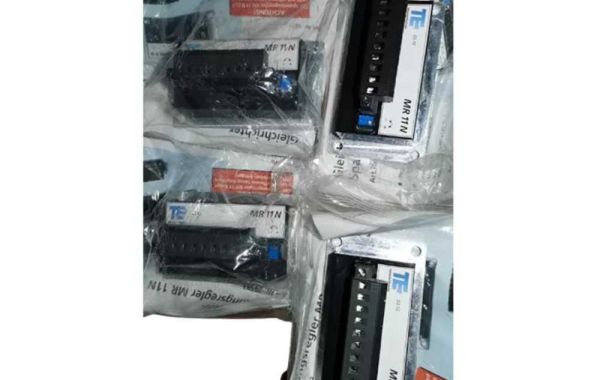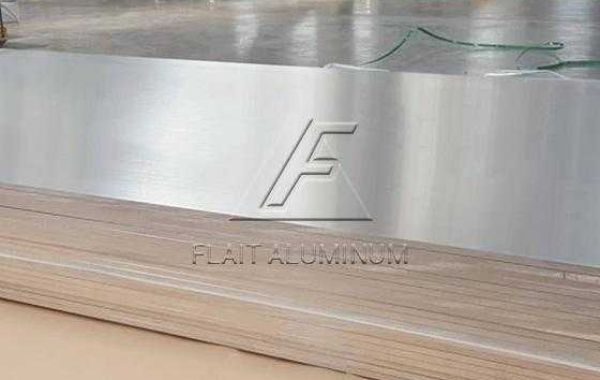Engine intake manifold gaskets are some of the most important gaskets installed on the engine. The intake manifold gasket is a seal that is placed between the engine components before assembly, and can directly provide reliable sealing properties to various auto parts. They can be made of paper, rubber, metal, and sometimes a combination of the three.
4571410080 gasket is a common gasket for truck parts. The 4571410080 gasket is responsible for sealing the intake manifold on the cylinder head. In addition to keeping the location of the engine in a vacuum, certain designs will also help the engine coolant work. If there is a problem with the 4571410080 gasket, they can cause drivability problems and even engine overheating.
Usually, a faulty intake manifold gasket will produce some symptoms. We have listed several common problems to remind the driver. The following are the symptoms of bad or failed intake manifold gaskets that you should be aware of.
1. The engine sometimes stalls or reduces power
One of the most common symptoms of engine intake manifold gasket problems is engine performance problems. When the vehicle is driven for a long time, the gasket of the intake manifold may wear out and cause some problems. The problem that may occur is mainly the performance of the car, because the vacuum and pressure of the engine are only sealed by the gasket of the intake manifold. The vacuum leakage caused by the wear of the intake manifold gasket can cause the air-fuel ratio of the engine to be confused, and the engine will cause performance problems. The car will often stall, the acceleration will be reduced, the fuel efficiency will be reduced, and the engine may even stop.
2. Coolant leakage
Another symptom of a malfunctioning engine intake manifold gasket is coolant leakage. Some intake manifold gaskets also seal the engine coolant, and if the gasket is worn, it may cause the coolant to leak.
This may produce a noticeable coolant odor, steam effects, or coolant leaks and drips under the vehicle. At this time, you should check the cause of the clant leakage as soon as possible, and prescribe the right medicine to prevent small problems from becoming bigger problems.

3. Engine overheating
Engine overheating is another symptom that may be caused by worn intake manifold gaskets. When the coolant level drops too low, the leakage of the coolant will eventually cause the engine to overheat, but sometimes it may overheat without any obvious leakage.
There is a special case here. The engine intake manifold gasket may guide the coolant leakage into the intake manifold, and the engine may also overheat for this reason. At this time, there is no visible coolant leakage from the outside of the car. . If the above problems occur, drivers should first investigate the cause of coolant leakage, and further solve the problem to prevent serious damage to the engine due to damage to the intake manifold gasket.
Although defective intake manifold gaskets can cause minor problems, minor problems can also become serious accidents. The driver should deal with these problems in time, and if there is a leak that is difficult to detect, he should contact a professional for repair.
If you suspect that there may be a problem with the intake manifold gasket or gasket, please have a professional technician inspect the vehicle from the inside to determine whether the gasket should be replaced. Guangzhou Hui Yuan Mechanical Electrical Co., Ltd. can provide engine maintenance and spare parts supply, please contact us!








